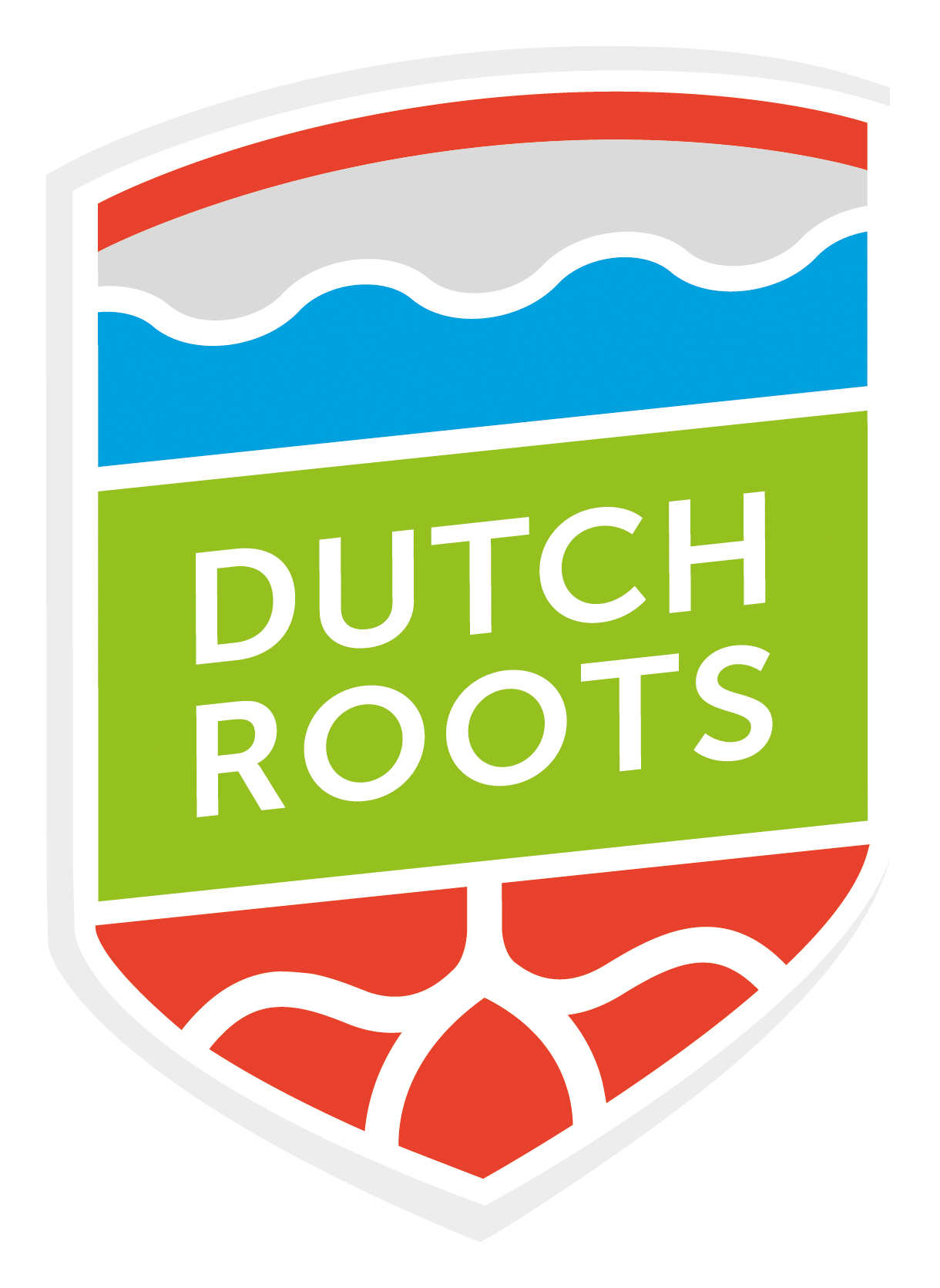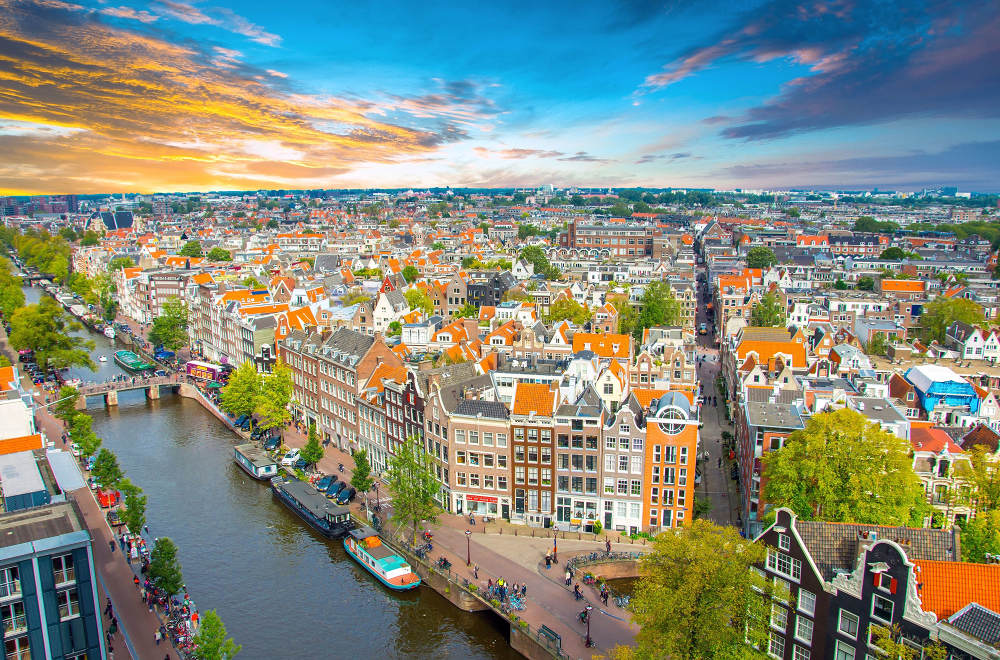
Urban Delta
Agricultural production in densely populated areas, production where space is scarce, farming in an urban environment and in the city, handling raw materials and energy economically, and creative water management and water use – these are just a handful of the challenges the Delta farmer faces. The delta inspires the Dutch farmer and horticulturist to create a wide variety of production possibilities.
Below sea level
With 18 million inhabitants, the Netherlands is densely populated. Most of the industries are located on the seaward side, in the western part of the country. Here you’ll also find most of the larger cities. Half of the Netherlands is below sea level. The Netherlands is a land of polders and dikes (and windmills). In the west and the north of the country, the soil is so soggy that it is really only suitable as grassland.
Innovation
The problems of the Delta are a source of innovation for agriculture and horticulture. These sources of innovation in agriculture and horticulture also include climate change and salinization.
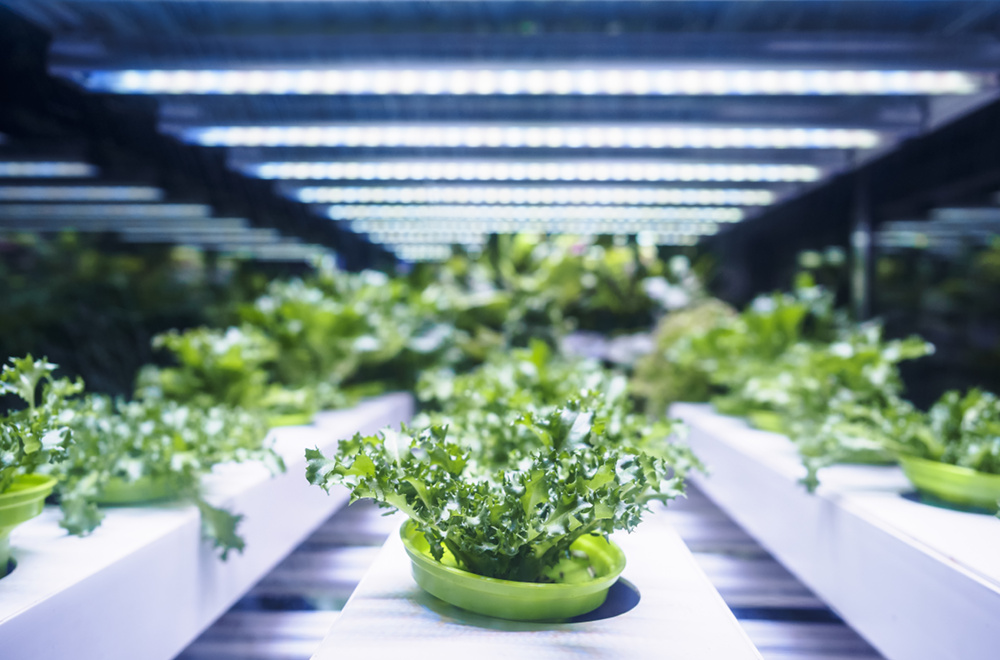
Smart Farming
The Netherlands is at the forefront of technology worldwide – from 3D-printed hospital meals to floating farms and cultured meat to algae cultivation and drones to spray robots and GPS-controlled fertilization – there is a lot of innovation in the small country. For such as small country, the Netherlands is an engine of production and exports. In 2017, for example, agricultural exports amounted to nearly 92 billion euros.
Opportunities
Dutch farmers and horticulturists use the opportunities that the digital age offers to produce better and on a larger scale. It makes growing more plant-specific and more sustainable because farmers are more economical with inputs. Smart farming boosts efficiency in livestock production, ensures food safety and sustainability, and increases animal welfare.
High-tech, capital and knowledge
Dutch agriculture and horticulture is a combination of high-tech, capital and knowledge. This also applies to plant improvement and breeding, in which Dutch agriculture and horticulture has an internationally prominent position.
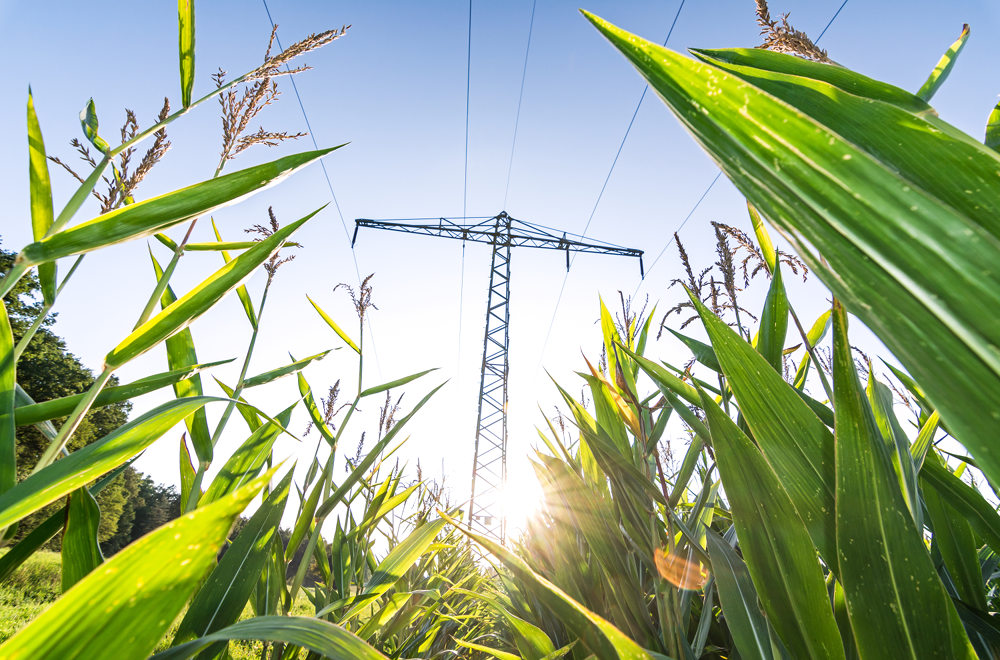
Circular Economy
The ‘greening economy’ is taking shape in the Netherlands. With help from agribusiness, Dutch agriculture and horticulture play a crucial role in this. In addition to improved sustainability, the circular economy drives technical innovation, reduces costs and opens up new sales markets.
The key word is ‘cycle’, a leading principle on farms and in horticulturist companies, in the processing industry and in the individual sectors. This circular idea is found, for example, in the use of manure and minerals and in the keeping of livestock – everything is regulated. It also applies to the processing and recycling of (non-vegetable) industrial waste.
Recycled agriculture
The best example of recycled agriculture can be found in greenhouse production where nutrients and water are reused, and geothermal energy powers the buildings. Surplus energy and residual heat are transferred to the public energy grid. In the Dutch agro-industry, the main focus is on reuse, CO2 reduction, energy efficiency, the use of alternative energy sources and the development of vegetable raw materials, including by replacing synthetic ones.
About Dutch Roots
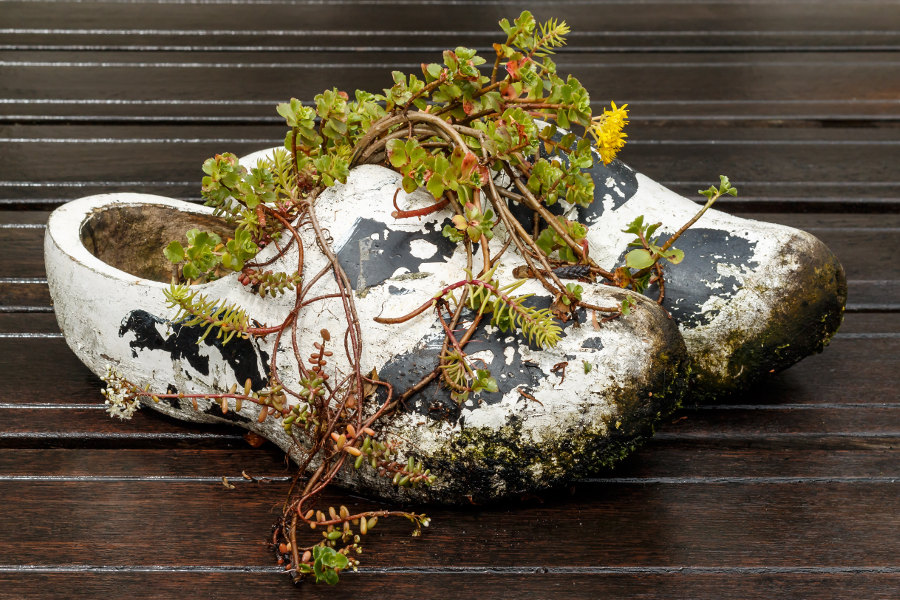
Great challenges
In July 2018 the Dutch association for agriculture and horticulture journalists (NVLJ) will organize the world congress of the International Federation of Agricultural Journalists (IFAJ) in the Netherlands. Under the motto ‘Dutch Roots’ the NVLJ aims to show the global appeal of the Dutch agri- and horticulture.
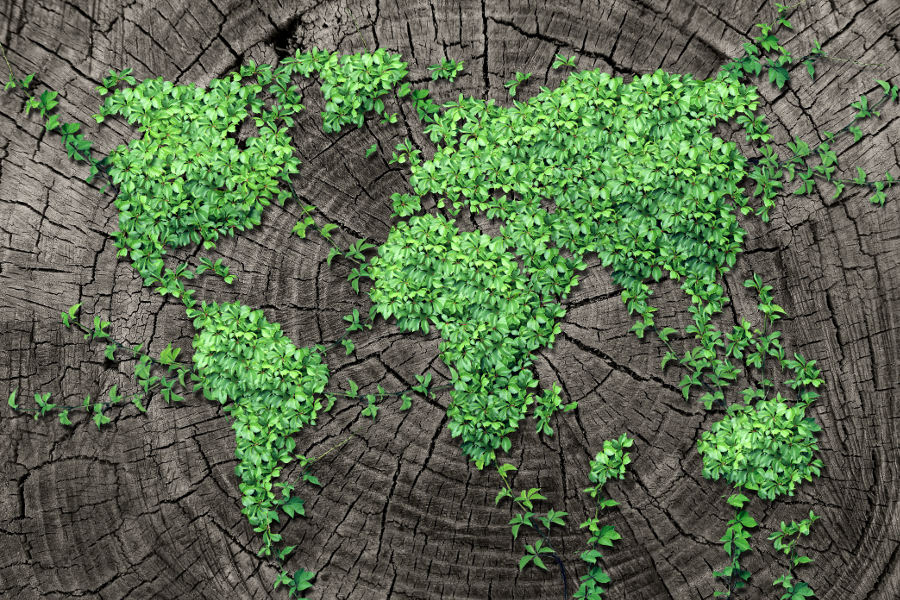
Dutch Roots all over the world
Since centuries the Dutch have played a major role in global agribusiness. Skills, knowledge, products and also genetic material with ‘Dutch roots’ are spread all over the world. It brought the nation prosperity: it contributed to the development of Amsterdam as a main trade city and Rotterdam as a main port to Europe.
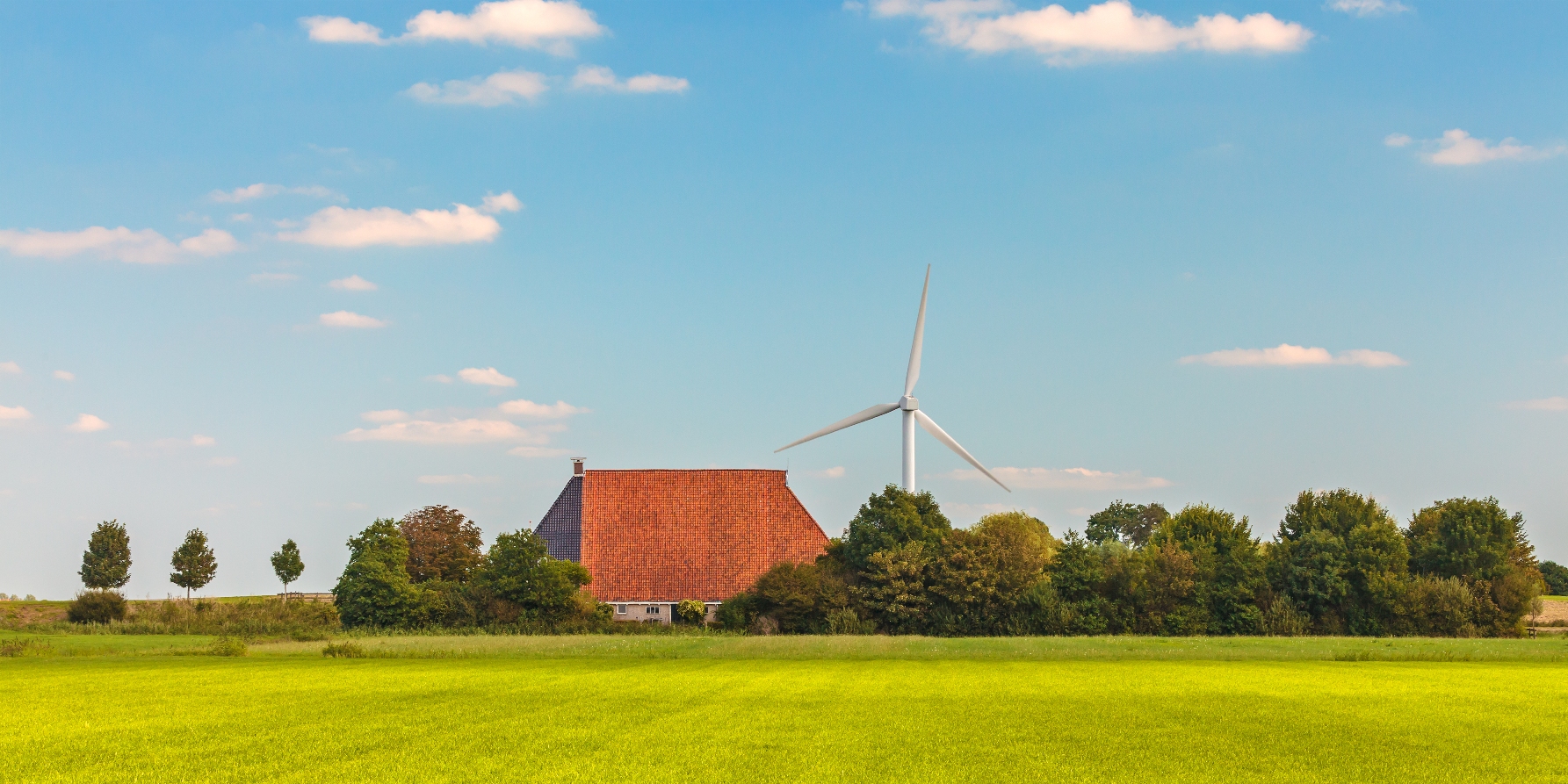
The Dutch Roots Organization
In the context of the Dutch contribution to global agribusiness, the the Dutch association for agriculture and horticulture journalists (NVLJ) accepted the IFAJ’s request to be the host of the IFAJ2018 World Congress Dutch Roots. The NVLJ will organize the congress in close cooperation with Wageningen University and Research (WUR), the institute that celebrates its 100-year anniversary in 2018.
All posts by Dutch Roots
Do you want to refresh your memory and read all posts that Dutch Roots has placed? For instance, about tour programmes, Young Leaders and Masterclass or how the visa procedure works for the Netherlands?
